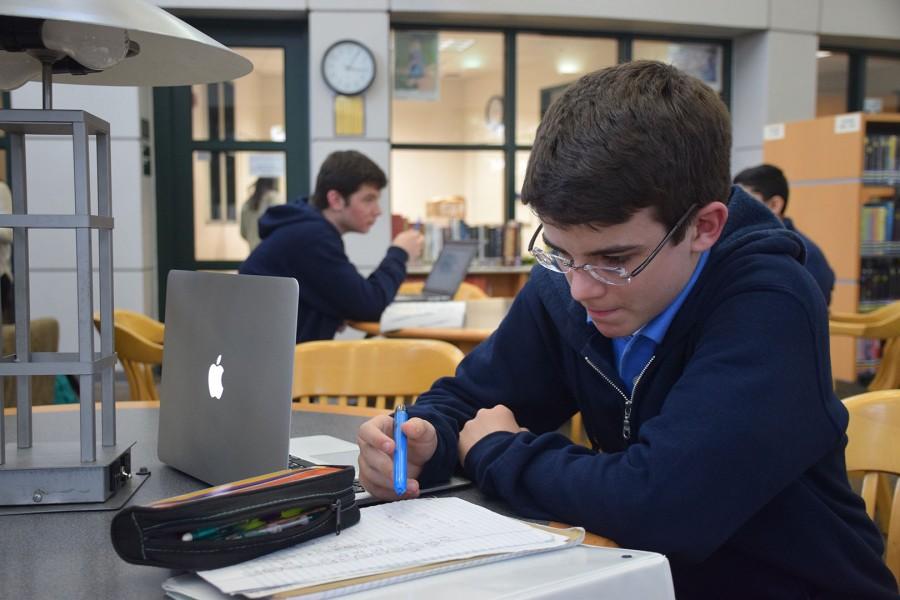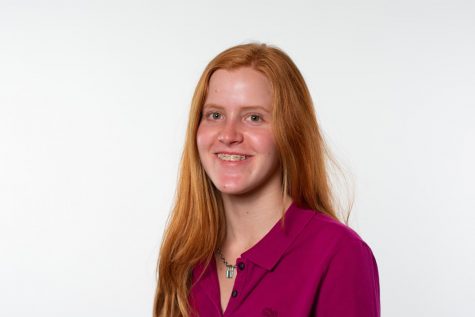The best way to get Instagram famous is to save a third world country. Doesn’t matter which one, doesn’t matter how, as long as you capture that perfect selfie of your altruism.
While, at its core, volunteering is an amazing way for teens to help others, it is vital we do not let Instagram likes and college applications become the exclusive intention behind aiding people in need. Students need to be doing adequate research to ensure they are conducting the most effective method of volunteering.
With the pressure to be accepted to a prestigious university, Trinity students are scrambling to find the most unique way to spice up that x2Vol log. However, evaluating the actual impact of our community service is not only logical, but necessary.
If you are going to spend 100 hours of your time volunteering, why not ensure it has a significant impact?
In a Huffington Post article, Pippa Biddle wrote about a mission trip she took to Tanzania while in high school.
“Our mission while at the orphanage was to build a library,” Biddle said. “Turns out that we, a group of highly educated private boarding school students were so bad at the most basic construction work that each night, the men had to take down the structurally unsound bricks we had laid and rebuild the structure so that, when we woke up in the morning, we would be unaware of our failure.”
Visiting a developing nation to provide aid can be extremely effective and is something to encourage, but ensuring programs are well researched is imperative, if we actually want to make a difference.
With eight of her friends, junior Ava Bryan went on a mission trip to Costa Rica this summer to build irrigation systems.
“I think it changed everyone,” Bryan said. “I think people initially say ‘I’m going to do this for my resume’ but then [realized] that it’s really fun and that it helps other people.”
This is the kind of volunteerism we need to be supporting, one where individuals have the means to investigate their trip before departure.
Reaching out to a third party organization or individual that provides aid for prospective volunteers is where the investigation process starts. Consulting locals who know the needs of the community is much more effective in the long run than doing work we “think” communities will benefit from.
Irrigation systems like the ones built by Bryan and her friends benefit a community in the long term.
Robert D. Lupton, author of “Toxic Charity,” says that many volunteers try and provide something that they think a community would need, but not what they are asking for.
“The money spent by one campus ministry to cover the costs of their Central American mission trip to repaint an orphanage would have been sufficient to hire two local painters and two new full-time teachers and purchase new uniforms for every student in the school,” Lupton said.
“Voluntourism,” or mixing a vacation with a mission trip, becomes inherently problematic when we let it play into a superiority complex in which we paint citizens of developing nations as a sort of “damsel in distress,” assuming that they need our help because of differences in race, culture and circumstance.
Volunteer trips like these tend to revolve around the emotional growth of the volunteer, instead of the actual wellbeing of those in need. “Voluntourism,” also portrays citizens of developing nations as victims, instead of possibilities of success.
It’s okay to go to a developing nation even if it’s for a cultural experience, but only becomes problematic when we neglect to do our research. Educating ourselves on the outside world can inspire us and ensure that we do work that is meaningful in the long run.
“On the outside sometimes it does look like you’re doing it just for the Instagram views,” Senior and Key Club President Aidan McLaughlin said. “But when you can have a relationship with the people that you are serving, it’s so much more than that.”










